FEATURED
Expect taxation on stablecoins, NFTs, DAOs, & DeFi in 2023 – PWC
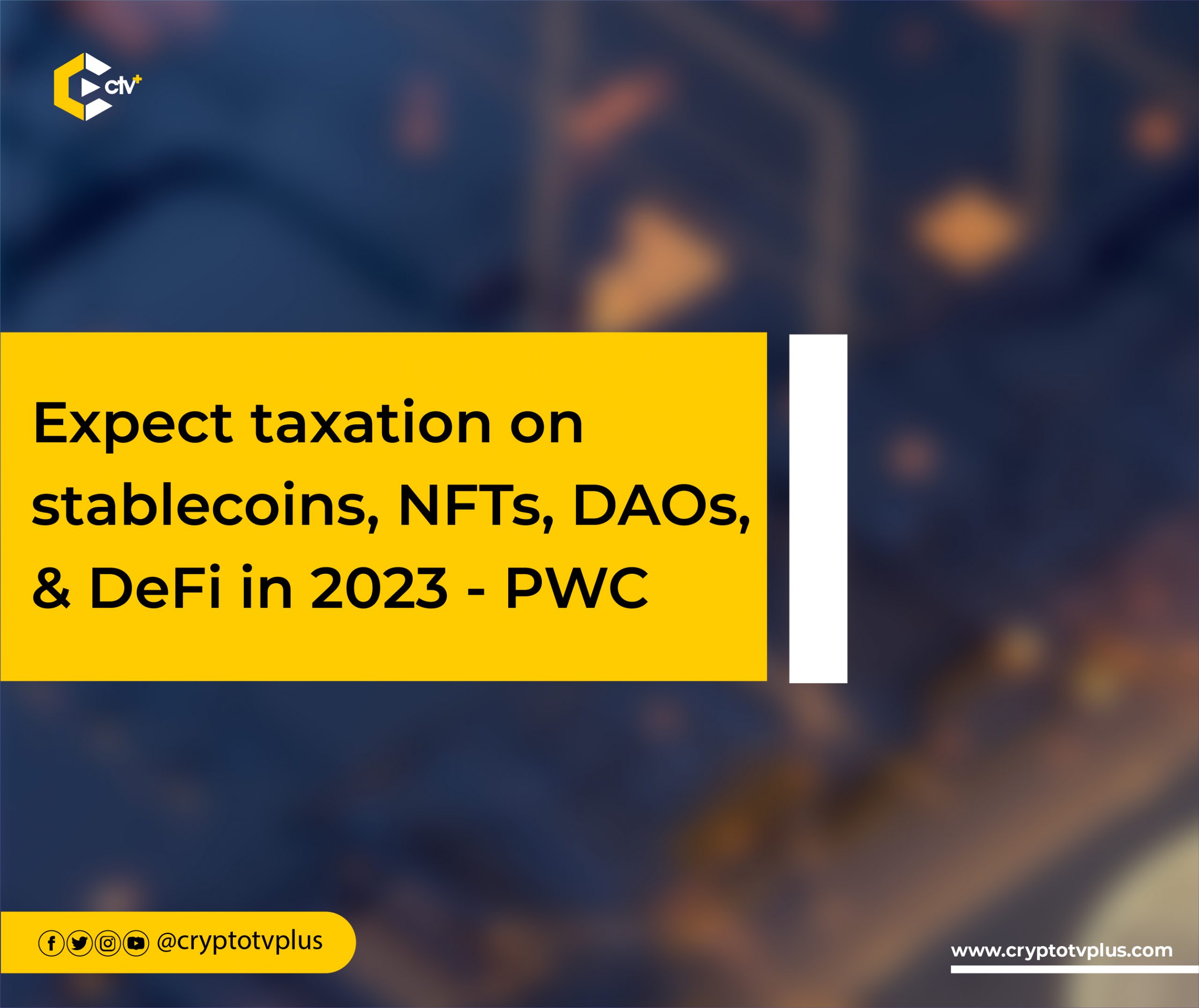
The year 2022 saw the introduction of an advanced relationship between the government and the crypto industry. An ordinary look at the industry shows that the innovation in it is driven by private faces and communities that seek a decentralized world, free from “government interference”.
However, a PWC report states that due to some of the profitable and negative 2022 outcomes in the crypto ethos, the government will most likely use the instrument of taxation in 2023 to control the excesses.
Starting with the world of Proof of Stake, PWC explained that “the Ethereum Merge is likely to bring increased focus to the taxation of staking income around the world”. The reason, it says, is that there will be more participants in the market who stake their assets for rewards and this means more profit in the market.
Taxation has always been a tool for profitable ventures and in this era of a new passive income model from decentralized assets built on the blockchain, policymakers will not hesitate to get a cut out of the profit made when cryptocurrencies are staked, PWC noted.
Emergence of taxation in 2022
According to PWC, there were several steps taken in 2022 as preliminary to activate a full-blown taxation system for the crypto industry. “The OECD’s Crypto Asset Reporting Framework (CARF) / and updates to the Common Reporting Standard (CRS), along with DAC8 in the European Union (EU) and tax reporting rules in the US” are a list of the underground work that will help cement how taxation will operate in this industry.
For NFTs, the report stated that there was increased attention on how non-fungibles are taxed in 2022. The structure and modus operandi of NFTs are still a mystery to a lot of regulators due to the speed of development and lack of clarity of what NFTs truly are.
PWC also highlighted there is “a growing trend to have the platform involved in the buying or selling as fully liable for collecting the VAT/GST due from the customer. This trend shows that there are actions taken to make clear decisions on what NFTs are and how their offerings will be taxed relative to the marketplace, creators, and traders.
DAOs to be regulated
Apart from NFTs, DAOs and stablecoins are other assets that the government has started paying more attention to. “Financial regulators are already exploring how to enforce regulation on decentralised systems and decentralised autonomous organisations (DAOs),” PWC said.
Citing an example, PWC added that the latest Financial Action Task Force (“FATF”) guidance1 and the recent Commodity Futures Trading Commission (“CFCT”) action against Ooki DAO come to mind. The Ooki DAO situation occurred when the CFCT fined the DAO $250,000 for offering illegal off-exchange trading of digital assets, and the founders Tom Bean and Kyle Kistner were targeted to make sure the fines are paid.
In 2023, DAOs should expect a wider range of regulatory instruments on their operations from the government which also wants to determine “who in such organizations is responsible for tax reporting and compliance,” PWC said.
Are Stablecoins confusing?
Stablecoins are blockchain-based currencies, backed with various assets. While these assets can range from gold to fiat and other cryptocurrencies, the most popular ones are fiat-backed making them suitable for users as they are more stable than normal cryptocurrencies.
These assets blur the “tax and legal boundaries” between fiat (for example the US dollar) and cryptocurrencies, PWC noted. Thus, one question that arises is, are investments in a US dollar-based stablecoin like USDT the same as in a USD bank deposit?
With this situation on the ground, there is a need to have regulations and legal principles that define how stablecoins will be issued, controlled, and taxed
Conclusion
The future of crypto for governments around the world will include more regulations. A huge part of this will be taxation and 2023 will see several structures developed and released. As the industry grows, “we have started to see more software solution companies trying to address the increased need for tax reporting,” PWC said.
Read also;





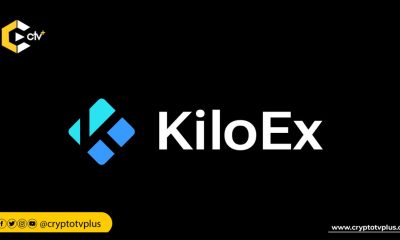

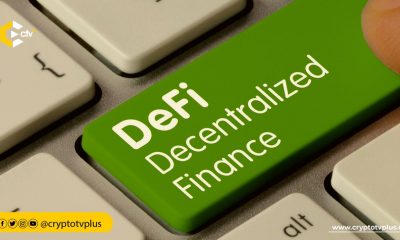

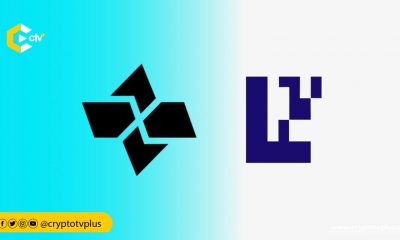



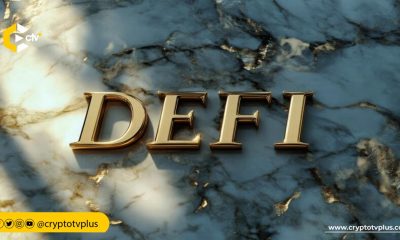











2 Comments